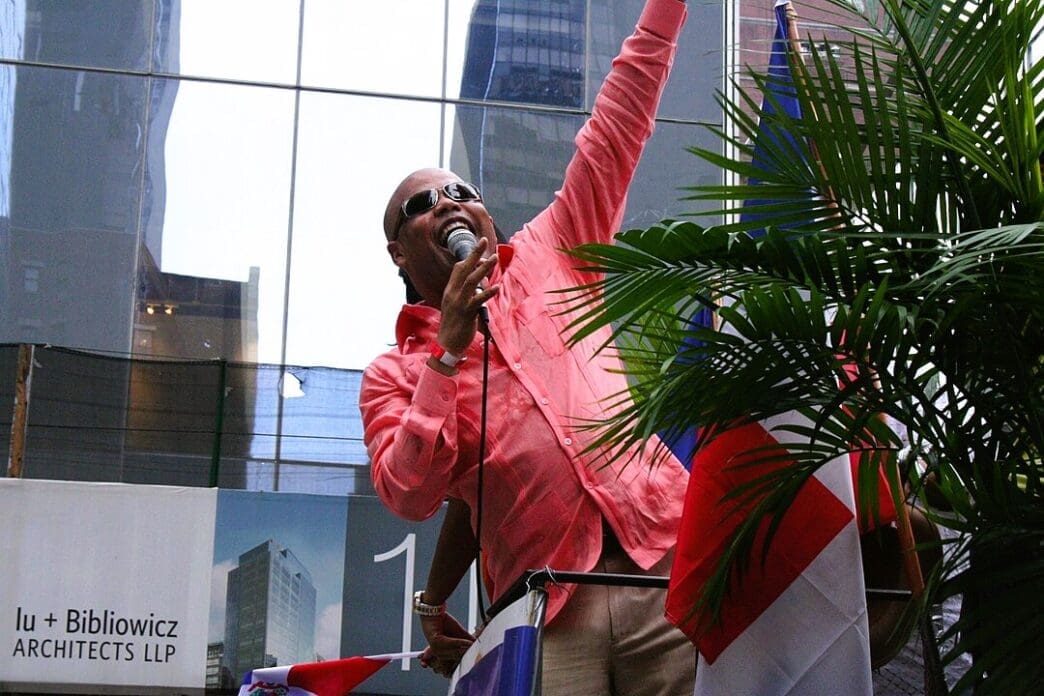A groundbreaking lawsuit has been filed in the Dominican Republic following the tragic collapse of a nightclub roof that claimed 231 lives. The family of one victim has initiated legal action against Jet Set nightclub owner Antonio Espaillat, his mother Ana Grecia López, the Dominican government, and the Santo Domingo mayor’s office. The suit demands unspecified damages and seeks a criminal conviction for involuntary manslaughter against the owners.
The legal proceedings were initiated by an attorney representing the widow and father of victim Virgilio Rafael Cruz Aponte. The nightclub’s owners have stated through a spokeswoman that they are cooperating fully with the authorities.
In response to the incident, President Luis Abinader admitted that there is currently no governmental body responsible for regulating the construction of private businesses such as nightclubs. Efforts are underway to draft legislation to address this regulatory gap. The exact cause of the roof’s collapse on April 8 remains unknown, prompting authorities to launch an investigation and assemble a technical team of local and international experts.
The nightclub was hosting a merengue concert featuring singer Rubby Pérez, who perished in the incident alongside notable figures such as former professional baseball players Octavio Dotel and Tony Enrique Blanco Cabrera, and Nelsy Cruz, the governor of Montecristi province. Rescue crews managed to save 189 people, with eleven individuals still receiving medical treatment.
In a ceremony on Monday, the government recognized 565 rescue personnel, including soldiers, firefighters, doctors, and other responders, for their life-saving efforts.
### Real-World Implications
The collapse of the nightclub and subsequent lawsuit highlight the critical need for regulatory oversight in building safety, especially in venues that host large gatherings. The absence of an appropriate supervisory body underscores vulnerabilities that could affect public safety. For communities, this incident serves as a stark reminder of the importance of structural integrity and the potential risks posed by inadequate construction oversight.
The proposed legislation by the Dominican government could lead to significant changes in how private establishments are monitored and regulated, potentially increasing safety standards and preventing future tragedies. For residents and business owners, this may mean higher compliance costs but ultimately enhanced safety and peace of mind. The incident could also influence public opinion and lead to increased demand for better infrastructure and safety measures in both public and private spaces.














